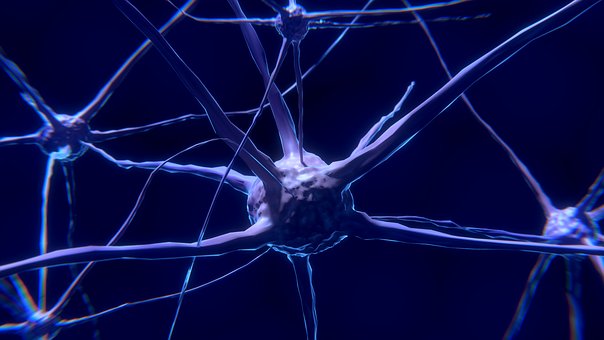From VGKC to LGI1 and Caspr2 encephalitis: The evolution of a disease entity over time
April 18, 2017

Science Direct has published an article by authors van Sonderen, M.W.J. Schreurs , P.W. Wirtz , P.A.E. Sillevis Smitt, and M.J. Titulaer that a wide variety of clinical syndromes has been associated with antibodies to voltage-gated potassium channels (VGKCs). Six years ago, it was discovered that patients do not truly have antibodies to potassium channels, but to associated proteins. This enabled the distinction of three VGKC-positive subgroups: anti-LGI1 patients, anti-Caspr2 patients and VGKC-positive patients lacking both antibodies. Patients with LGI1-antibodies have a limbic encephalitis, often with hyponatremia, and about half of the patients have typical faciobrachial dystonic seizures. Caspr2-antibodies cause a more variable syndrome of peripheral or central nervous system symptoms, almost exclusively affecting older males. Immunotherapy seems to be beneficial in patients with antibodies to LGI1 or Caspr2, stressing the need for early diagnosis. Read the full story here.